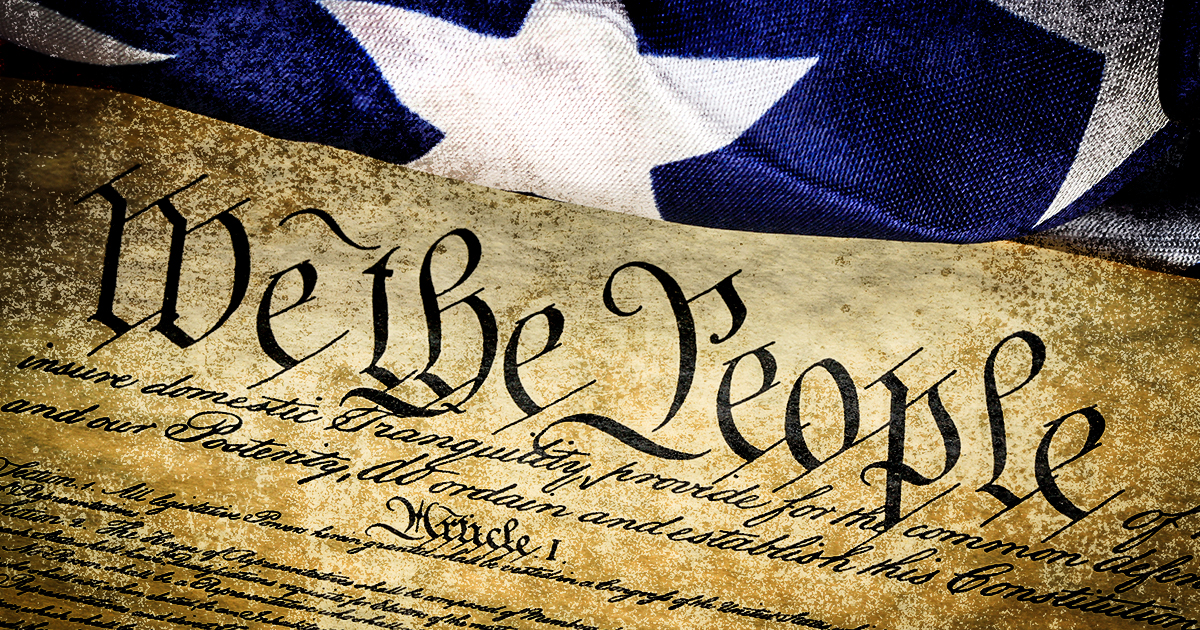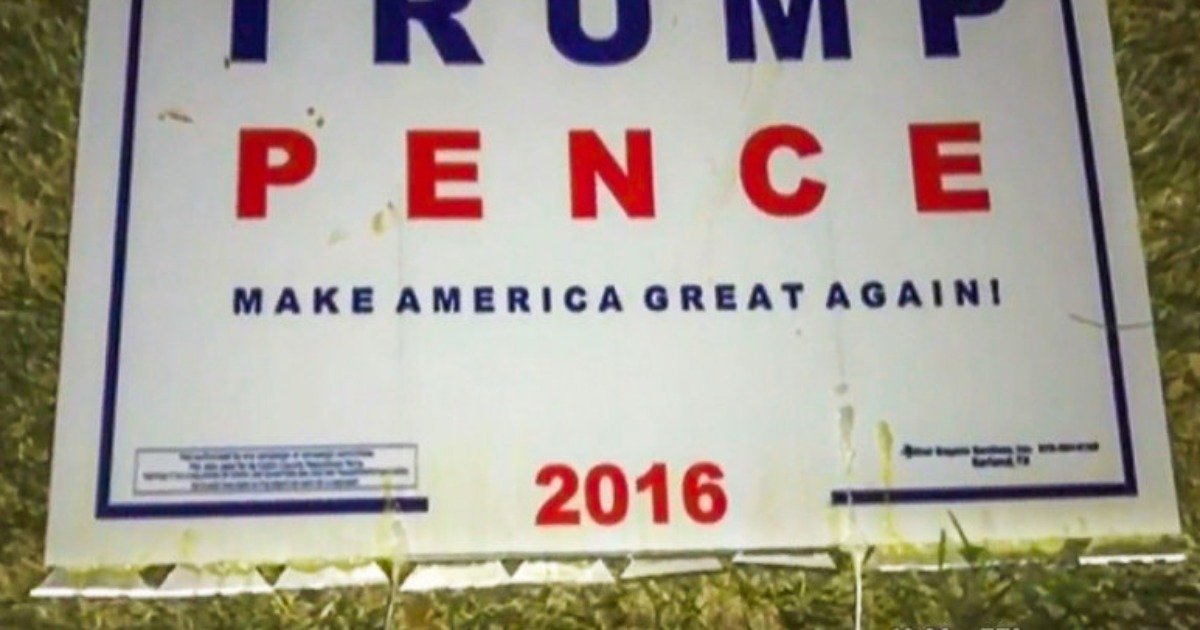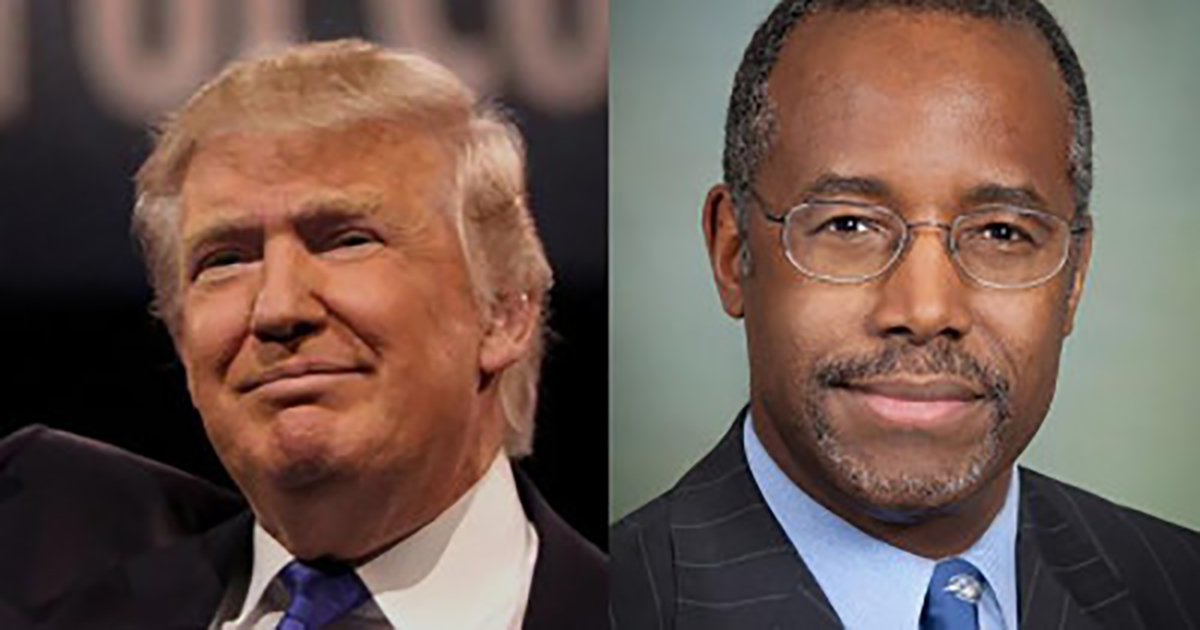Last week, the Nebraska Legislature voted 32-15 to abolish the death penalty, making it the first Conservative state to do so in over four decades. Republican Gov. Pete Ricketts vetoed the bill banning executions on Tuesday, but it had enough bipartisan support to override the veto and was passed by the state’s unicameral Legislature yesterday, 30-19, the New York Times reported.
Nebraska requires bills to pass its Legislature three times before being sent to the governor for a signature or veto. The bill to eliminate capital punishment passed with a veto-proof majority all three times it was put to a vote.
Ricketts had previously expressed his opposition to the ban, saying after the third round of voting that it was “a dark day for public safety,” and that the Legislature was “completely out of touch with the overwhelming number of people” he had talked to.
A recent Pew Research Center survey, however, found that Americans do not overwhelmingly support the death penalty: just 56 percent responded that they were in favor of capital punishment, which is the lowest support it’s had in 40 years. In 1996, 78 percent favored executions. Clearly, the national opinion on the death penalty is changing.
To help try and sway the Legislature to vote against the bill, Ricketts also announced two weeks ago that the state had spent $55,000 on lethal injection drugs, which are becoming increasingly hard for states to buy.
Ricketts also tried to use the argument that abolishing the death penalty would give the state’s “most heinous criminals more lenient sentences.” And while life in prison might technically be more lenient than death, the fear of capital punishment is not a crime deterrent.
In fact, the murder rates in states without the death penalty have been as much as 46 percent lower than in states with it. A 2008 survey of law enforcement officers also found that police view capital punishment as the least important factor in reducing violent crime. Statistics from the FBI Uniform Crime Report show that areas of the US that use the death penalty are actually the least safe for police officers, who are in the most danger in Southern states that embrace executions.
The death penalty also places a greater financial burden on taxpayers in states that use it compared with those in states that don’t. It is much more expensive, sometimes tens of millions of dollars more, to put an inmate on death row than it is to sentence them to life in prison, NBC News reported.
New Jersey, which was the first state to ban the death penalty since the Supreme Court reinstated it in 1976, had been spending over $4 million on each death sentence. But the economic meltdown and slow recovery made it, along with several other states, reconsider capital punishment — if for no other reason than money.
And let’s not forget that states run the risk of executing innocent prisoners, which trumps all other arguments in the death penalty debate.
Sir William Blackstone once said, “It is better that ten guilty persons escape than one innocent suffer.”
By abolishing the death penalty, Nebraska has ensured that no one will be executed by mistake, saving the state millions of dollars in the process.



